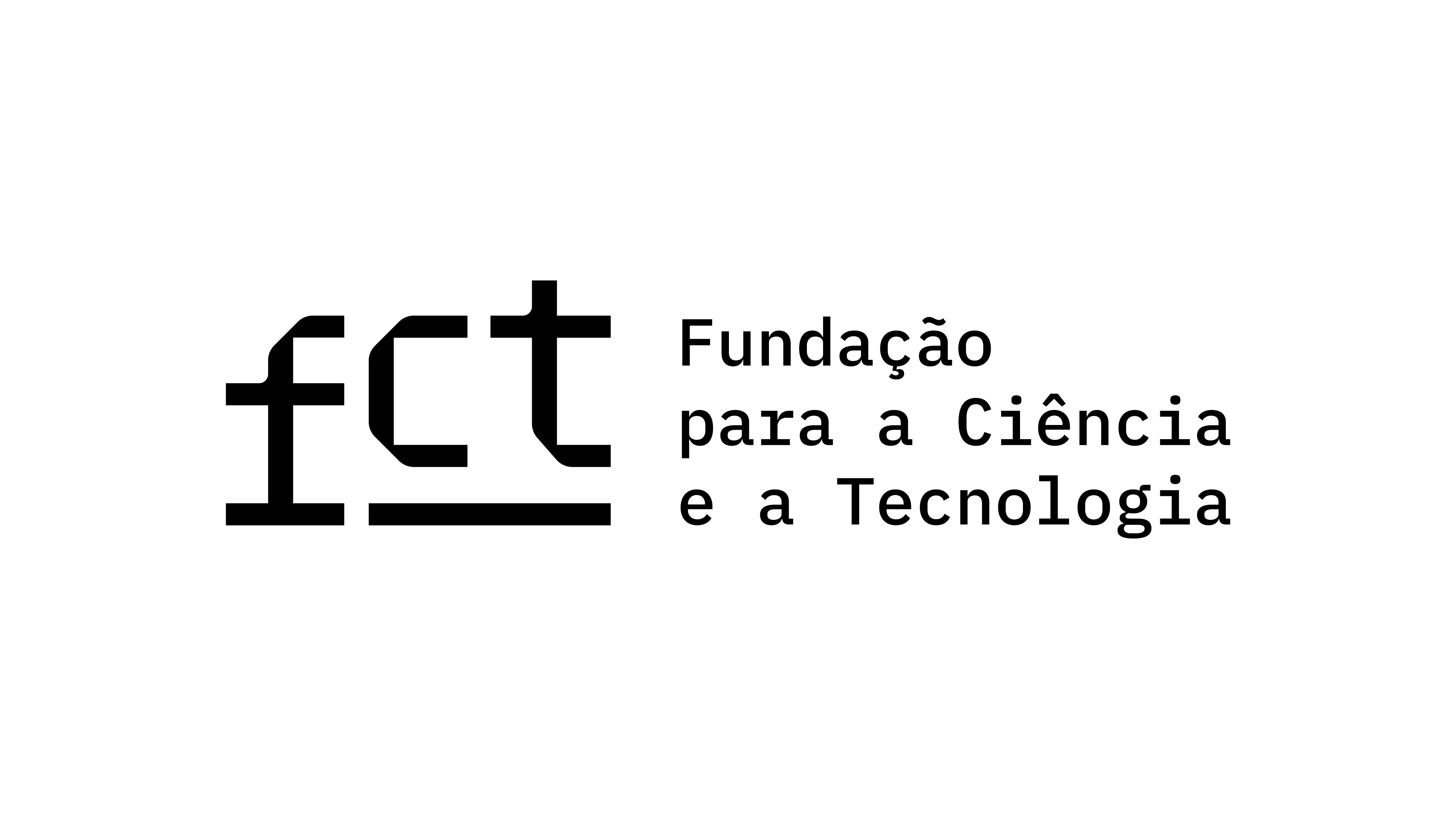Archives
-
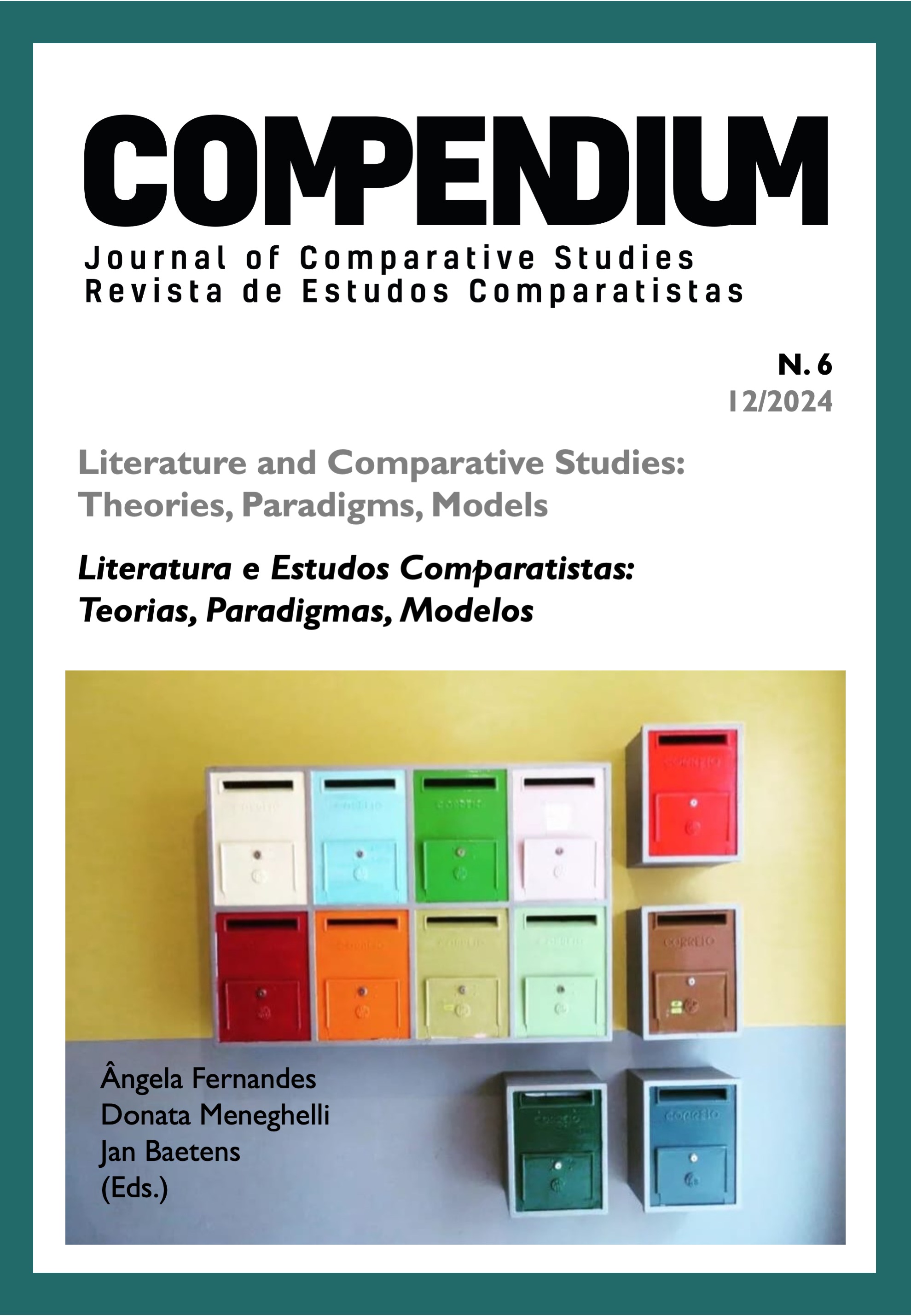
Literature and Comparative Studies: Theories, Paradigms, Models
No. 6 (2024)Ed: Ângela Fernandes, Donata Meneghelli, Jan Baetens
The sixth issue of Compendium is dedicated to the reflection on the current position, the shifting practices and the conflicting views about the field of Comparative Studies within the Humanities in the early twenty-first century. Considering Literature as the creative field that first witnessed the consolidation of comparative approaches, this issue offers articles and book reviews exploring relevant and timely topics, from historical and geographical debates to feminist perspectives or cyborg culture. Additionally, it includes a questionnaire where scholars from different backgrounds present their personal engagement with the field, their position regarding some key issues and their view on the near future.
-
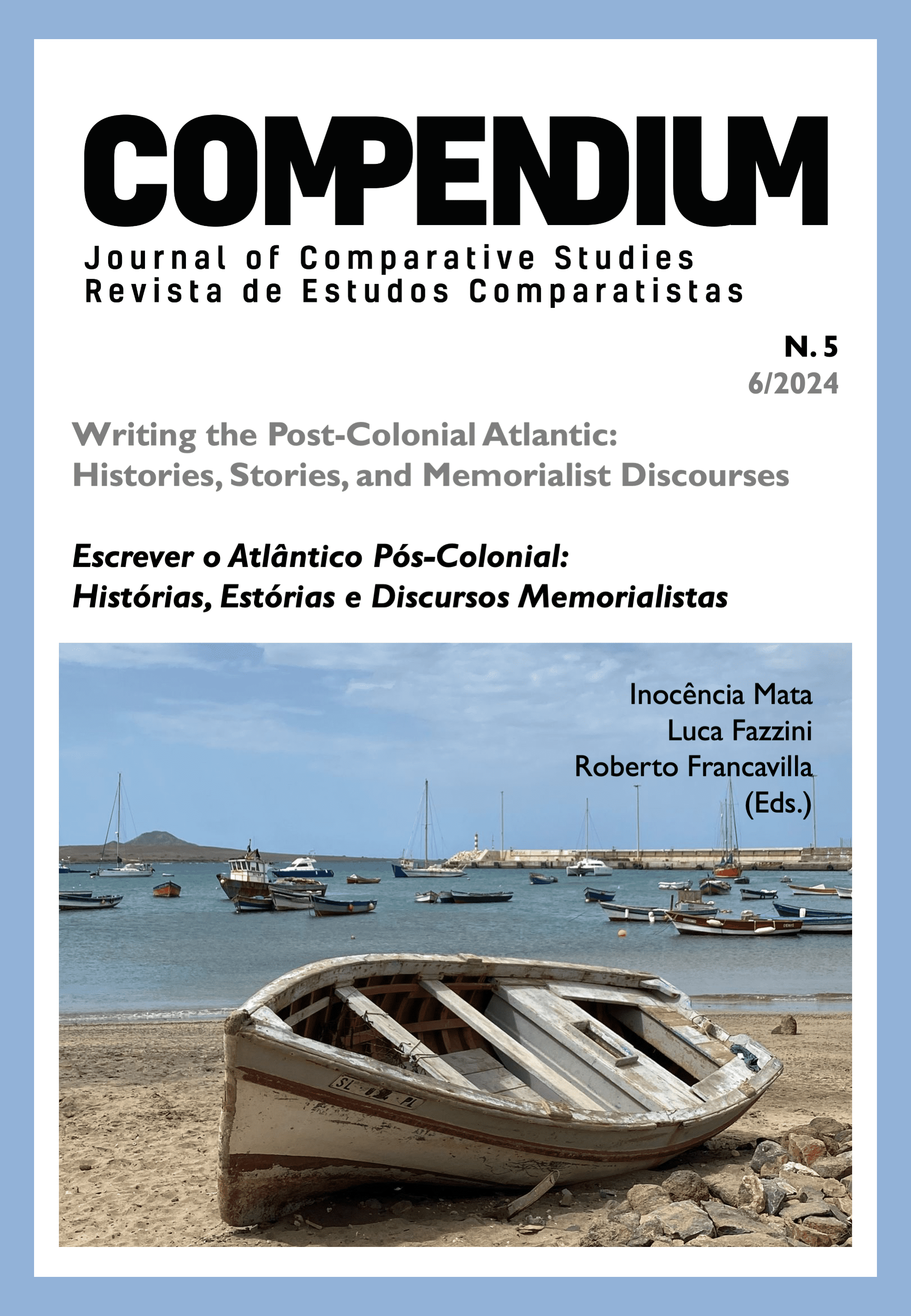
Writing the Post-Colonial Atlantic: Histories, Stories, and Memorialist Discourses
No. 5 (2024)Ed: Inocência Mata, Luca Fazzini, Roberto Francavilla
The collection of essays presented in this volume, the fifth issue of Compendium, provides a literary and cultural mapping of the Atlantic that, through a critical-theoretical post-colonial perspective and a comparative approach, enables us to (re)assess the circulation of texts and cultures within the Atlantic space in the light of unequal power relations that are intrinsic to colonial modernity. Furthermore, the collection highlights the multiple forms of micro- and macro-physical violence underlying contemporary migrations which have always borne the scars of the colonial nature of knowledge and power. This dossier comprises a series of essays that engage in dialogue with the social sciences, pedagogy, and literary studies. -

Translation and Citation: Creative Entanglements
No. 4 (2023)Ed: Marta Pacheco Pinto, Matteo Rei
The fourth issue of Compendium addresses the creative entanglements between translation and citation by following a twofold approach: translation as citation and citation in translation. From the Latin citare, etymologically citation refers to the process of setting in motion, moving, just as translation, from the Latin translatus, means to “carry across”. Translation is therefore inhabited by dynamism, mobility, movement across languages and cultures — in a word, by citation. This issue is organized into three sections — articles, interviews, and reviews — that bring together critical and comparative perspectives on the multiple interconnections between translation and citation. -

Digital Humanities and Cultural Diversity: Critical and Comparative Approaches
No. 3 (2023)Ed: Santiago Pérez Isasi, Patricia Murrieta Flores
In this third issue of Compendium, we gather texts that critically reflect on the geopolitical, ideological and epistemological foundations of DH, and their relation with the linguistic and cultural objects that are privileged or ignored within them; and, also, on the potential of DH to carry out transcultural, comparative or relational projects, which deal with, for instance, translation, mediation, adaptation, influence or imitation across borders, or with the creation and study of multilingual corpora.
-
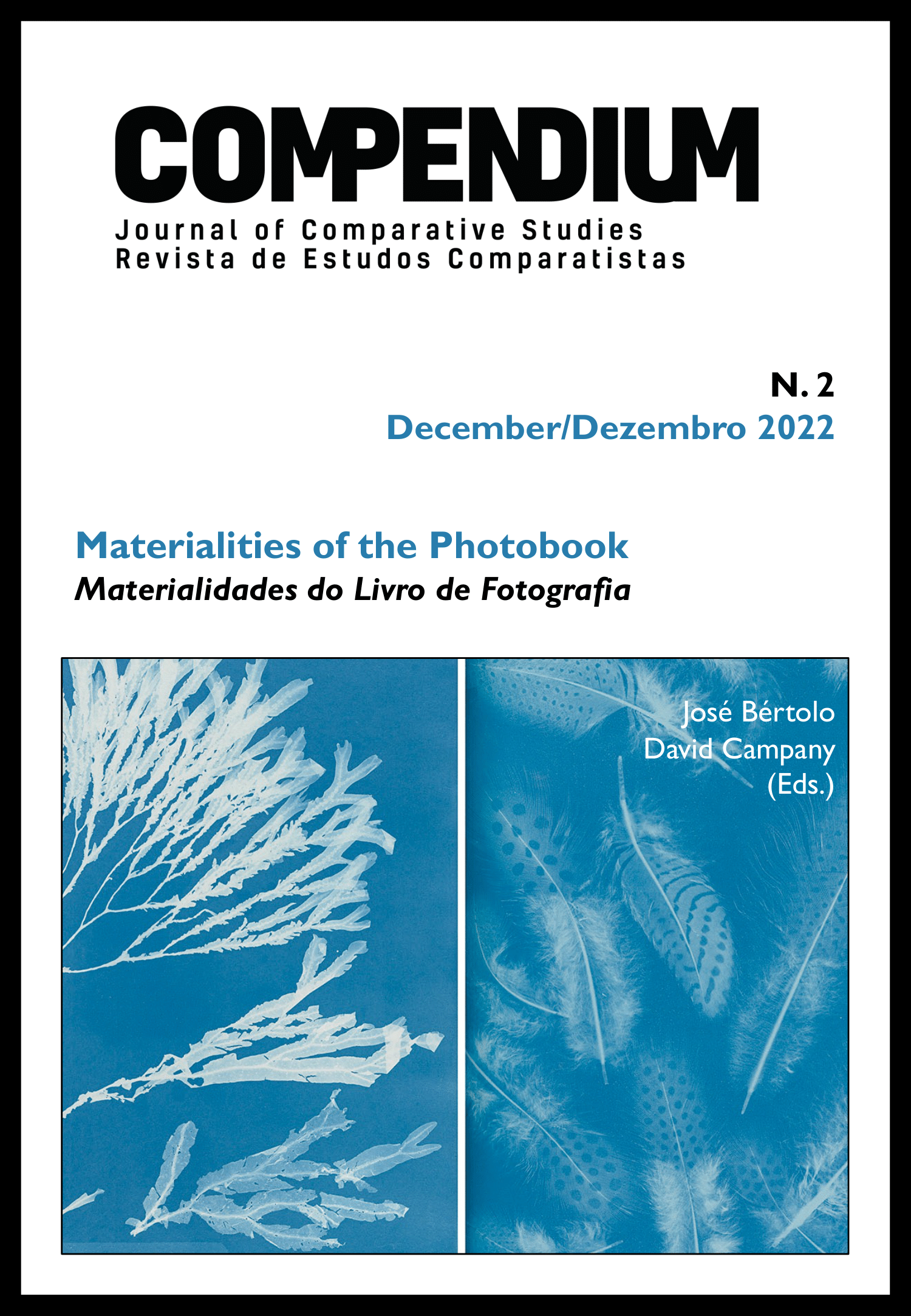
Materialities of the Photobook
No. 2 (2022)Ed: José Bértolo, David Campany
For this issue of Compendium, we invited authors to look closely at photobooks as complex, unstable and hybridized works, considering their material specificities, the diversity of interpretive and sensorial experiences they offer, and the varied ways in which they engage with the world and find their place within it. We welcomed essays that explored the photobook, contemporary or historical, that looked into the processes that guide its composition, its specific materiality and objecthood, its reception and the reading/viewing experience.
-
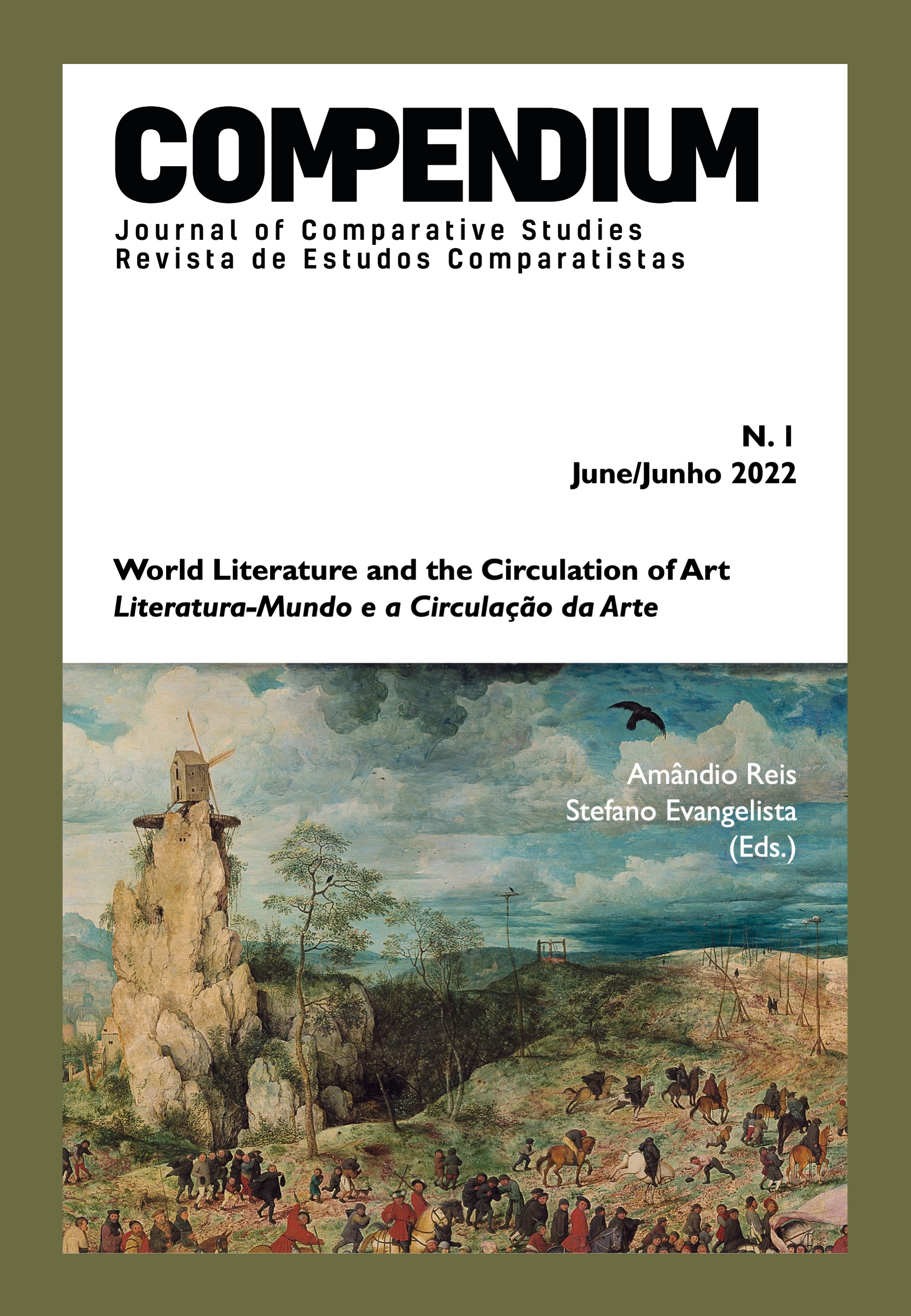
World Literature and the Circulation of Art
No. 1 (2022)Ed: Amândio Reis, Stefano Evangelista
The inaugural issue of Compendium sets out to combine the growing awareness of a transmedia environment with the scales of comparison of world literature and their contribution to present developments in the study of production, circulation, and translation. It also responds to the persistent hesitation of world literature to think of literature beyond its own confines. This first issue of Compendium brings together a selection of essays which propose to investigate artistic processes within world literature, connecting the literary with other spheres of art and culture, as well as exploring the fluctuating limits of “text”, the limits of reading and the changing contexts of reception.









